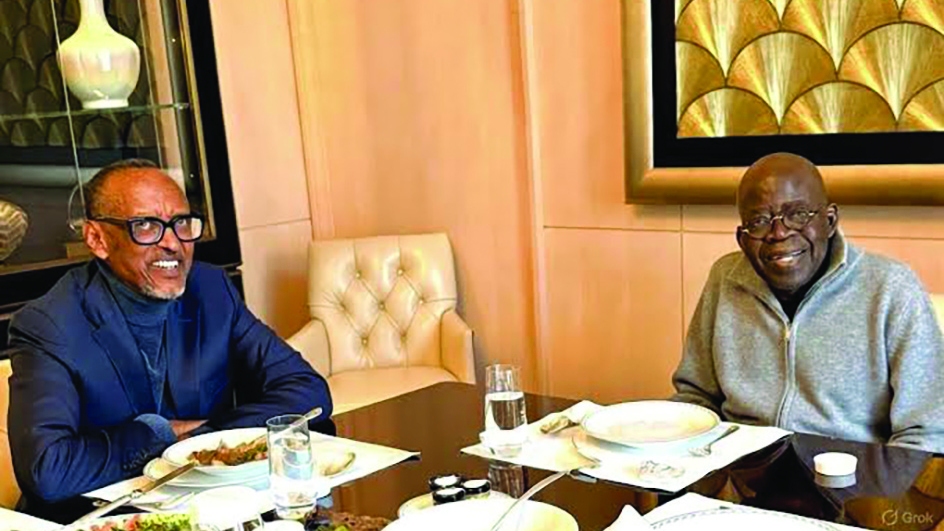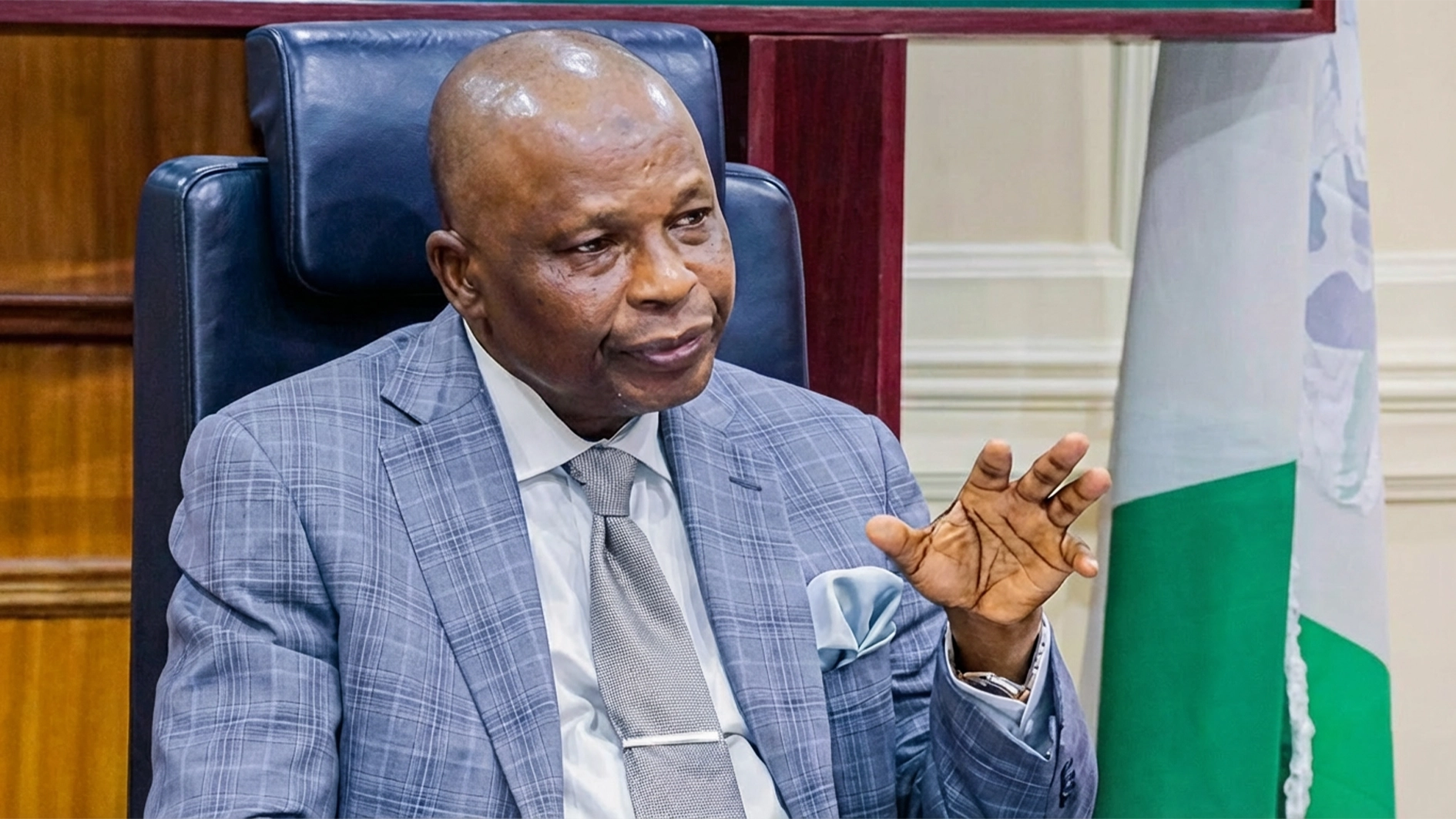The Lift Above Poverty Organisation (LAPO) has announced that it disbursed ₦420 billion in loans to 718,000 clients between January 2024 and September 2025, reaffirming its commitment to poverty alleviation and financial inclusion across Nigeria and Sierra Leone.
The organisation stated that it continues to expand its reach and deepen its impact, with more than 10,000 staff members and over five million clients across both countries.
President of LAPO, Barr. Faith Osazuwa-Ojo, disclosed this in Abuja during the 32nd Annual LAPO Development Forum themed “Citizen Engagement and Responsive Governance for National Development.”
Osazuwa-Ojo commended LAPO’s founder, Dr. Godwin Ehigiamusoe, and his wife, Mrs. Elizabeth Ngozi Ehigiamusoe, for their enduring vision and dedication since 1994, noting that Dr. Ehigiamusoe has long recognised the importance of dialogue and collaboration in advancing national development and human well-being.
She said LAPO’s institutions, including LAPO Microfinance Bank, Micro Investment Support Services, the LAPO Institute for Microfinance and Management Studies, LAPO Microfinance Company (Sierra Leone), and the Benin Medical Care and Diagnostic Centre — provide access to finance, healthcare, and socio-economic empowerment programmes.
According to her, “LAPO Microfinance Bank disbursed a total loan of over ₦420 billion to 718,363 clients, while the Lift Above Poverty Organisation empowered 301,944 individuals in the agricultural value chain with over ₦61 billion between January 2024 and September 2025.”
She added that since its establishment in 1987, LAPO has remained steadfast in addressing poverty through a multi-sectoral approach that includes access to finance, healthcare, and education.
“From humble beginnings, LAPO has evolved into a multi-institutional network with over 10,000 staff and more than five million clients across Nigeria and Sierra Leone,” she said.
Osazuwa-Ojo also highlighted LAPO’s intervention in health and social welfare, stating that over 320,000 individuals benefited from free medical services — including screenings for blood pressure, blood sugar, cholesterol, malaria, and HIV — between January 2024 and September 2025.
“LAPO understands that health challenges such as malnutrition and communicable diseases often exacerbate poverty. That is why our interventions go beyond microfinance to include health awareness, maternal and child health, and hygiene education,” she explained.
Chairman of the occasion, Senator Ita Solomon Enang, former Presidential Adviser on National Assembly Matters (Senate) and Niger Delta Affairs, commended the LAPO Annual Development Forum for serving as a vital platform for promoting dialogue on social justice, empowerment, governance, and sustainable development.
President and Chairman of Council of the Nigerian Institute of Public Relations (NIPR), Dr. Ike Neliaku, described LAPO as “a moral enterprise, a voice for empowerment, and a catalyst for national renewal.”
He said the theme of the forum was both timely and strategic, stressing that Nigeria’s progress depends on rebuilding trust between government and citizens.
“It captures the essence of what our country must now prioritise — the reconnection between government and the governed, between policy and the people, between citizens and their administrators,” Neliaku said.
He emphasised that governance is a covenant between leaders and citizens. “Where that relationship is strong, nations thrive. Where it is weak, distrust grows, progress stalls, and the gap between potential and reality widens,” he said.
“Responsive governance is one that listens, learns, and acts, treating citizens not as subjects to be managed, but as partners in progress.”
Delivering the keynote address, Dr. Otive Igbuzor identified weak institutions and limited citizen participation as major obstacles to Nigeria’s development.
He said, “Citizen engagement is not a luxury; it is the lifeblood of democracy. For development to be meaningful, citizens must participate as rights-holders, not as passive recipients of government benevolence.”
Igbuzor urged all tiers of government to embrace participatory budgeting, open contracting, and civic education as tools to enhance transparency and accountability.
“Responsive governance must listen to citizens, deliver services equitably, and promote inclusiveness. Development is not merely about wealth or infrastructure, it is about enhancing human well-being, freedom, and dignity,” he said.
He also called on civil society, the media, and social movements to strengthen their roles as bridges between citizens and policymakers, stressing that “development cannot be imposed; it must be co-created with citizens.”






